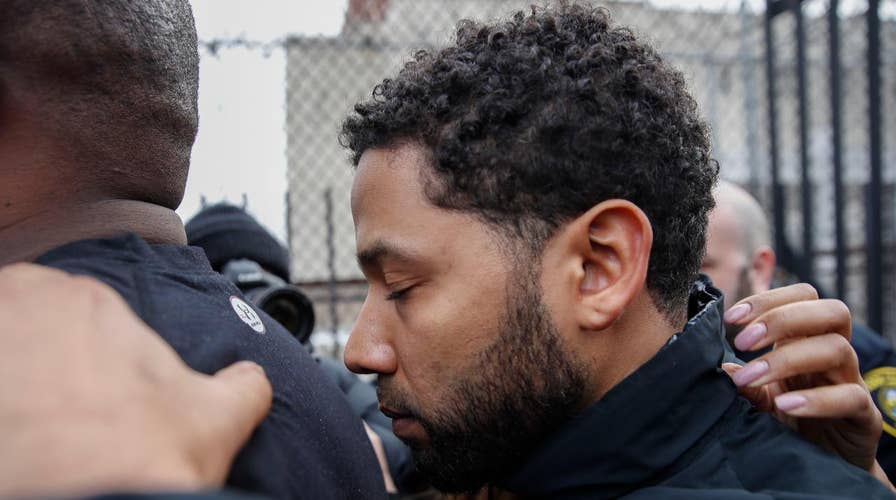NBA legend Julius Erving – aka “Dr. J” – once said that respect is more important than popularity.
In recent weeks, actor Jussie Smollett has boosted his name recognition worldwide by claiming he was attacked by two Trump supporters yelling racist and homophobic slurs. By pushing all the right buttons – claiming victimhood on the basis of being black and gay – Smollett became a household name.
He now stands accused, however, of staging the supposed attack and filing a false police report. This twist in the saga has confounded compassionate people who believed his claims and poured out their sympathies. It has disappointed commentators who were ready to make Smollett a poster child for their politics of grievance. “I need this story to be true,” lamented one Washington Post writer.
While Smollett has now attained popularity, he may find respect a harder prize to grasp if allegations are proven to be true.
On Feb. 21, the very day that Smollett was taken into police custody for allegedly perpetrating the hoax, I enjoyed the privilege of attending a White House reception celebrating National African American History Month.
Besides President Trump and the first lady, the event featured many other notable leaders, dignitaries and accomplished professionals. The individual who made perhaps the greatest impression on me that night, however, was the civil rights hero Clarence Henderson. I enjoyed the chance to briefly talk with this man I had long admired.
Henderson is someone who has earned respect.
If you don’t know his name, you should at least know about the civil rights protest in which Henderson participated in February of 1960 – the Greensboro sit-ins.
During a time when most businesses in the South still enforced segregationist policies, Henderson joined an effort to emphasize the unfairness of a “whites-only” lunch counter at the local F.W. Woolworth department store in Greensboro, N.C. He and fellow students protested by simply sitting at the counter.
National news reports of the protest inspired similar efforts across the South. By July of 1960, the Greensboro Woolworth store opened its lunch counter to all customers. Over ensuing years, other businesses followed suit as public sentiment turned increasingly against segregationist practices.
President Trump mentioned Henderson by name at the reception I attended.
“He helped spark a national movement,” President Trump said. “Really, it was an incredible moment in the history of our country. The grave injustice of segregation was really spelled out loud and clear.”
The president further called Henderson a man of “incredible courage.”
In recent times, Henderson has demonstrated this courage by taking another stand – supporting Republican ideas and professing conservative beliefs that run counter to the ideology more common among many black Americans.
In 2016, Henderson drew flak for suggesting that liberal politicians too often compare their modern agenda with black Americans’ historic struggle for civil rights.
“During the Jim Crow Era, we stared down the nozzle of firehoses, felt the piercing bite of police dogs, dangled from trees after being strung up by an angry mob, all because of the color of our skin,” Henderson wrote. “We had to drink at separate water fountains, shop at different stores and even had to sit at the back of the bus, all because of the color of our skin. All this and more took place after enduring 400 years of arguably the most heinous crime in history – slavery.”
Henderson’s vivid and raw description of the factual and all too horrific degradation of an entire race makes the allegations that Smollett staged the attack that much more painful.
A civil rights hero who chose not to be a victim, Henderson is the antithesis of one who would use his race to disgrace the memory of his ancestors – all for a little popularity. In fact, Henderson has acknowledged that his own conservative beliefs rub some people the wrong way. That doesn’t worry him, he said.
CLICK HERE FOR THE FOX NEWS APP
“I don’t necessarily need a person to like me,” he once told a North Carolina newspaper.
In today’s culture of political correctness, shameless self-promotion and the need to be liked, Clarence Henderson might not win many popularity contests. But Dr. J was right. It is more important to be respected than popular.









































